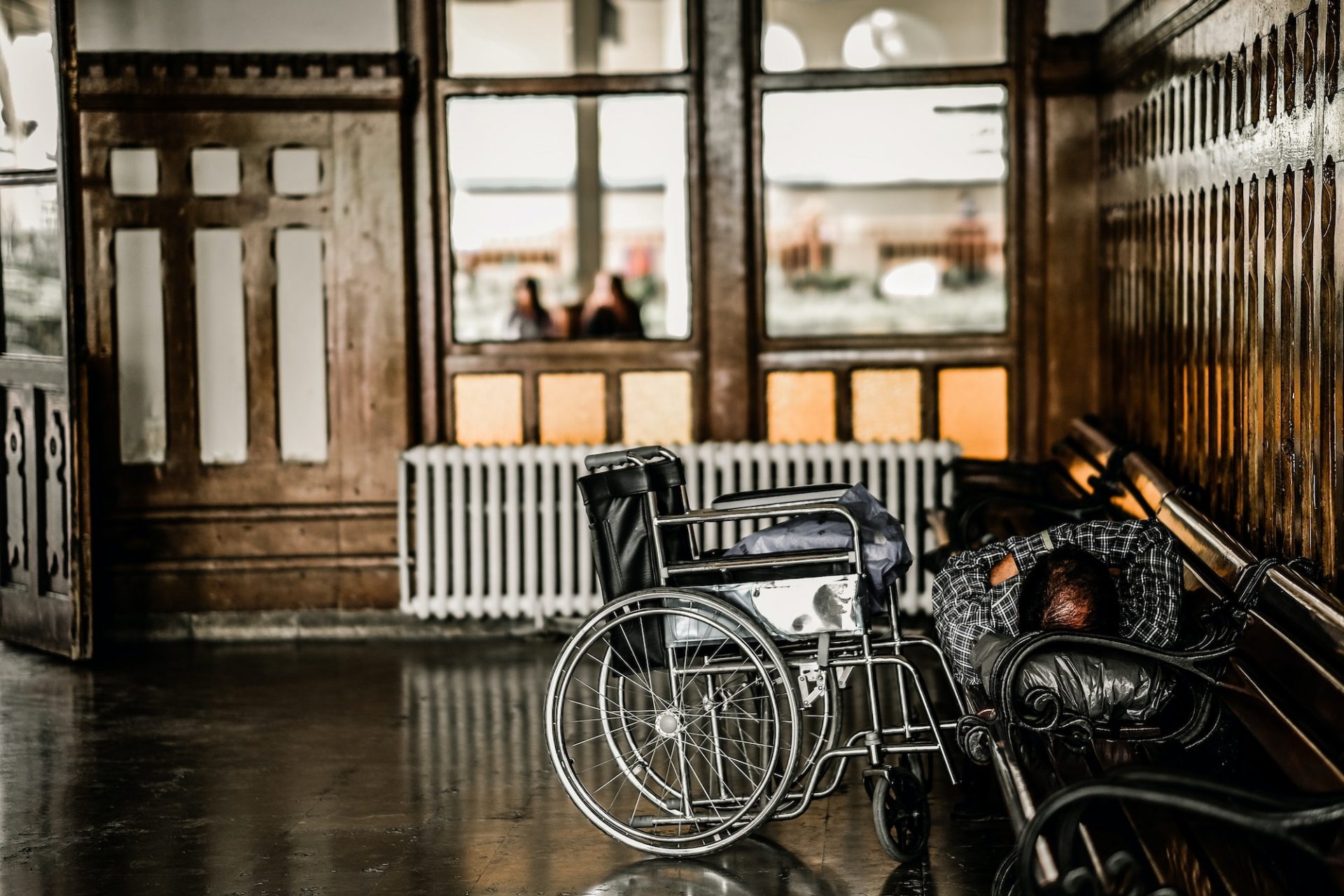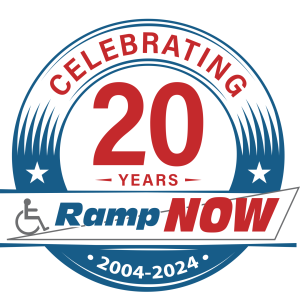As the new coronavirus continues to be at the forefront of American life, there is a lot of information out there about who is most vulnerable to this virus. The Centers for Disease Control has a lot to say about disability and Covid-19. The good news is that people with disabilities are not inherently at a higher risk for contraction, or having a severe case, according to the CDC.
However, some may still be at higher risk due to underlying medical conditions. This is a new disease and much of the information isn’t fully known yet. The best thing that people in the disabled community can do is to talk with their medical provider and find out what type of risk they may be at.
Disability and Covid-19: Prevention is Key
If you find that you are at a higher risk, one of the best things you can do is to take extra precautions to stay safe. This means following standard precautions such as:
- Wearing a mask.
- Social distancing.
- Washing your hands.
- Not touching your face.
- Enhanced cleaning in your home.
Your doctor may be able to provide you with additional preventative measures. Disability and Covid-19 don’t necessarily mean that a worst-case-scenario is inevitable.
Have a Plan in Place
When you are dependent on a direct care provider, it’s critical to have a plan in place for if you, or your care provider happens to fall sick. Below are some factors to consider in these circumstances:
- Do you have enough groceries and supplies in home? If not, are you able to take advantage of a grocery delivery service? Make sure that you have enough of your prescriptions on hand as well.
- Do you have at least two ways of communicating from home? Make sure others are aware of these methods and can respond quickly.
- Do you know what you’ll do if your support provider becomes sick? Do you have family, friends, or neighbors who might be able to step in?
Stay Prepared
Disability and Covid-19 don’t necessarily mean that you are in for a severe case. The best thing that you can do is talk to your doctor to find out what type of risk you might be at.








